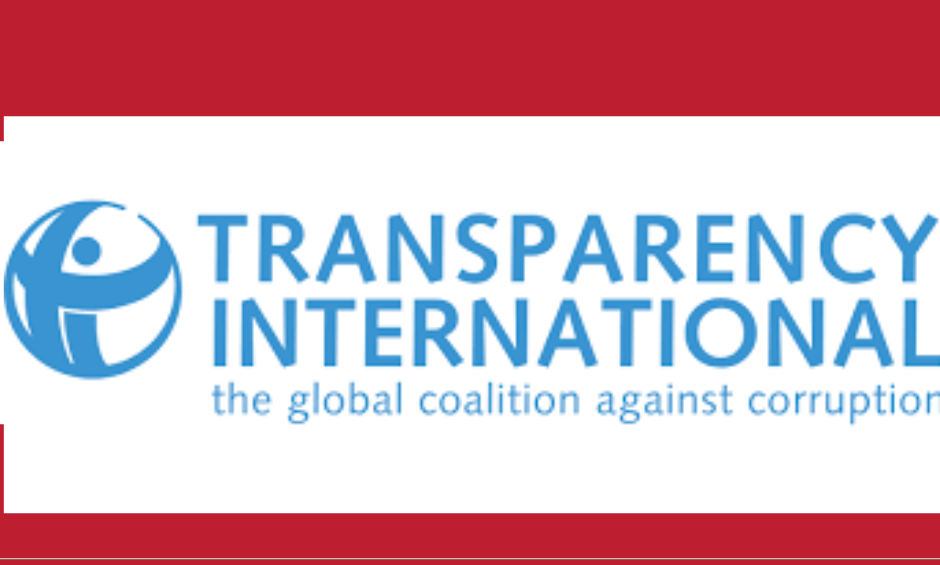Corruption poses a major threat to global efforts in tackling climate change, Transparency International warned in its latest report on Tuesday. The graft watchdog’s 2024 Corruption Perceptions Index revealed that many nations playing key roles in climate action—whether as hosts of UN climate summits or as those most vulnerable to rising temperatures—scored poorly, with some performing worse than before.
Transparency International CEO Maira Martini cautioned that corrupt influences not only shape but often dictate policies, dismantling checks and balances crucial to effective governance. She stressed the urgent need to eliminate corruption before it derails meaningful climate action.
The report highlighted the risks of misallocated funds meant for climate initiatives and the potential weakening of environmental regulations due to corruption. Countries with higher perceived public sector corruption received lower scores on the index, which ranks nations on a scale from zero to 100.
Brazil, set to host this year’s UN COP 30 climate talks, recorded its lowest-ever score of 34. Azerbaijan, an oil-producing nation that convened the previous climate summit, fared even worse with a score of 22. The United Arab Emirates, which controversially appointed its state oil firm’s CEO to chair the COP summit in 2023, received a relatively higher score of 68.
The report also pointed to declining scores in wealthier nations that have historically led climate negotiations. Canada (75), New Zealand (83), and the United States (65) all saw drops, with Transparency International warning that corruption in these countries undermines global progress. These nations, it noted, bear the greatest responsibility to drive ambitious climate policies, cut emissions at scale, and build resilience worldwide.
Countries most at risk from climate change also ranked among the worst on the index, including South Sudan (8), Somalia (9), and Venezuela (10). The report underscored that marginalized communities are disproportionately affected, with limited means to adapt to extreme weather and pollution, making government support crucial.
As the climate crisis intensifies, Transparency International’s findings raise urgent concerns about the role of corruption in obstructing the fight against global warming.





